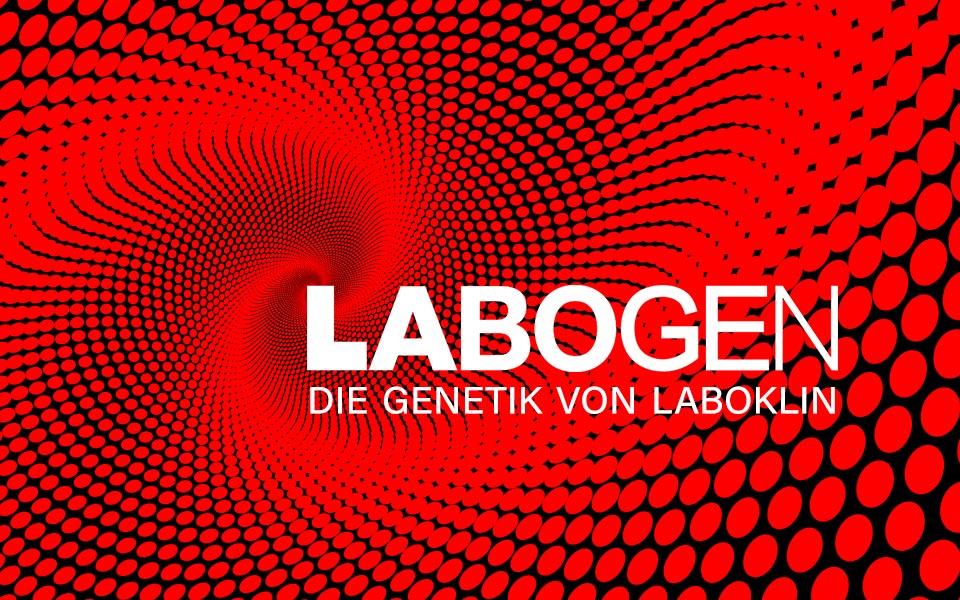Maxillary canine tooth mesioversion (MCM)
Maxillary canine tooth mesioversion (MCM)
General description
A variant in the FTSJ3 gene is associated with a reduced body size and a mesioversion of the maxilliary canine teeth (MCM), that can affect one or both maxilliary canines and cause traumatic occlusion, upper lip ulceration, and periodontal disease.
Breeds
Shetland Sheepdog (Sheltie)
Order details
| Test number | 8819 |
| Abbreviation | MCM |
| Sample material | 0.5 ml EDTA blood, 2x cheek swab, 1x special swab (eNAT) |
| Test duration | 3-5 working days |
Test specifications
| Symptom complex | dental |
| Inheritance | autosomal dominant |
| Causality | risk factor |
| Gene | FTSJ3 |
| Mutation | T-C |
| Literature | OMIA:002291-9615 |
Detailed description
A variant in the FTSJ3 gene is associated with dental anomaly and reduced body size in Shetland Sheepdogs. Affected dogs are characterized by reduced body height and weight as well as mesioversion of the maxilliary canine teeth (MCM). One or both maxillary canines may be affected and displaced towards the nose. MCM can induce traumatic occlusion, upper lip ulceration or periodontal diseases and may require extraction or orthodontic repositioning. The body size of dogs which are heterozygous for the risk allele is significantly higher compared to dogs which are homozygous for the risk allele. For dogs with two risk alleles there is a strong risk for MCM, for dogs with one copy the weight determines the risk, with lightweight dogs at higher risk.



